– The situation in the Democratic Republic of the Congo remains extremely unstable. The rebel group M23 has seized control of the city of Goma, and reports indicate that fighting continues. What impact could this conflict have on the rest of the country and the neighboring states?
– This is not a new conflict; it has been ongoing for decades. The situation in eastern Congo is extremely complex, involving multiple actors, including various militias, gangs, semi-regular forces, and foreign interest groups. Eastern Congo is very far from the capital, making it difficult for state authorities to maintain order and security in the region. The situation has now reached the threshold of international attention, as the weeks-long fighting has already claimed thousands of lives. M23’s forces are openly supported by Rwanda, which provides them with weapons and financial resources. As a result, a horrific humanitarian catastrophe has unfolded in eastern Congo. Hundreds of thousands of people have been displaced, food shortages are severe, healthcare services have collapsed, and access to clean water and electricity has been cut off.
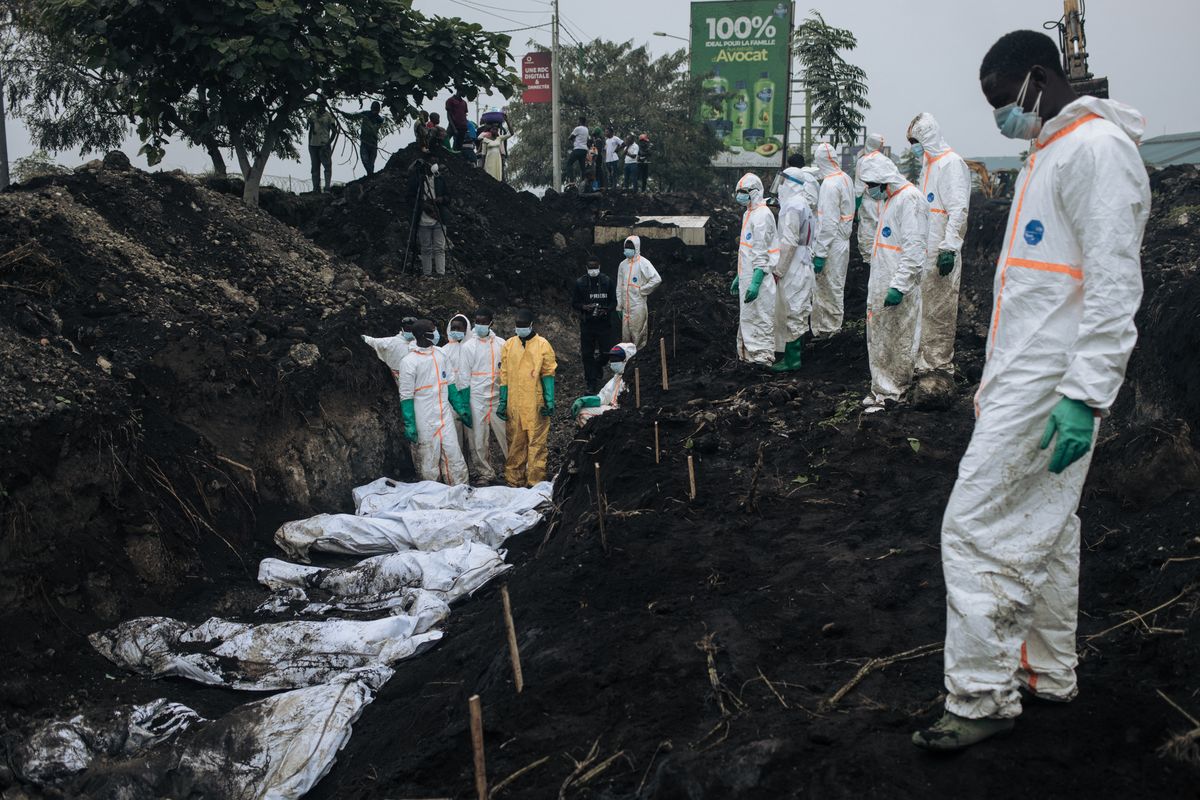
– A few days ago, you and your colleagues spoke via videoconference with the Bishop of Goma, Willy Ngumbi. How do you assess the humanitarian situation he described? What role can Christian churches play in addressing the crisis?
– The Bishop of Goma gave us a firsthand account of the dire situation. More than two million people are in the city, and under worsening conditions, diseases such as cholera, malaria, and other infectious illnesses are spreading. The rural population that fled to the city due to the fighting cannot return home, leading to extreme overcrowding and putting the city’s infrastructure under enormous strain. The bishop emphasized that securing the airport and the port is crucial, as humanitarian aid can only reach the city through these channels. His most important message was that the international community must do everything possible to facilitate negotiations between the parties and address the humanitarian crisis. It is important to recognize that the conflict is not only driven by local political and ethnic tensions but also by the region’s economic significance. Eastern Congo is rich in strategically important raw materials such as cobalt and lithium, and these raw material sites of strategic importance attract many local and foreign interest groups.
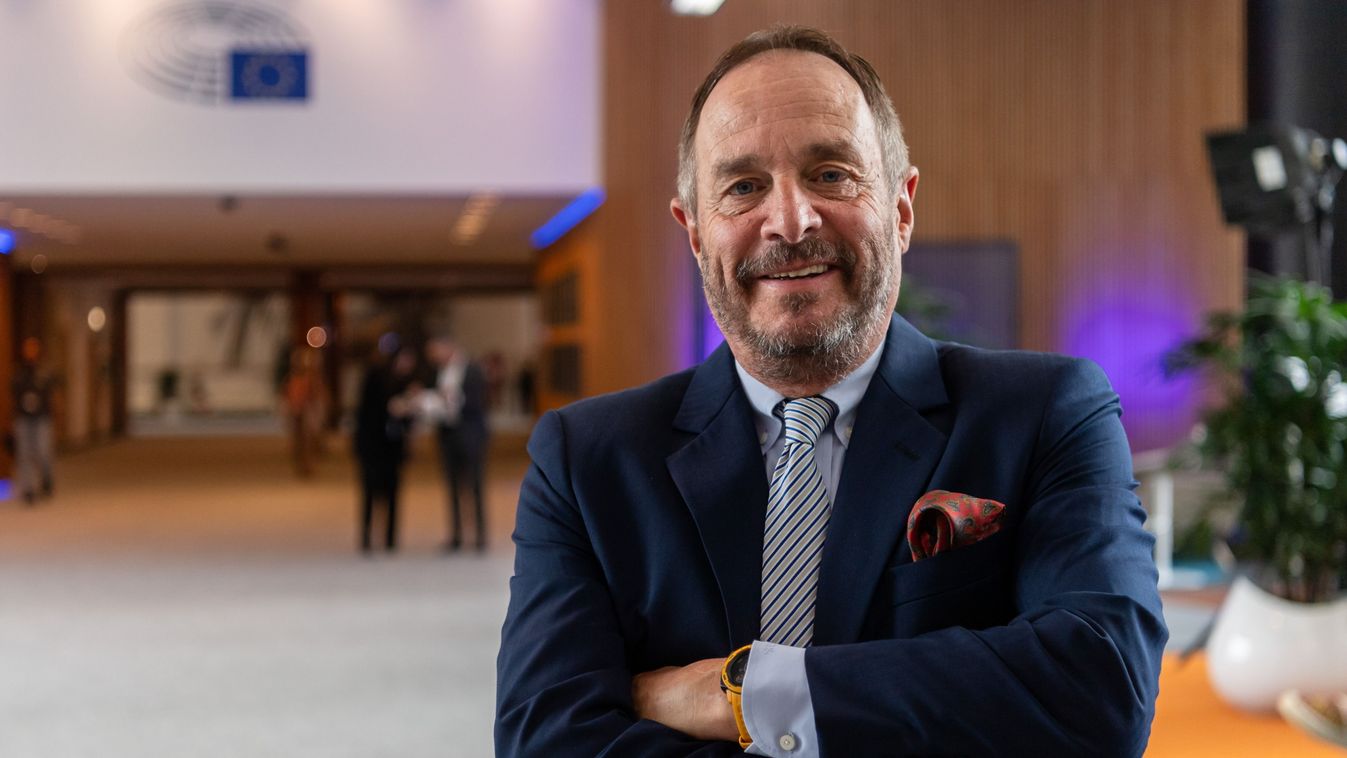
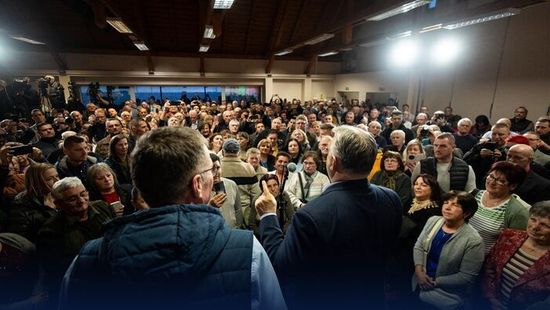
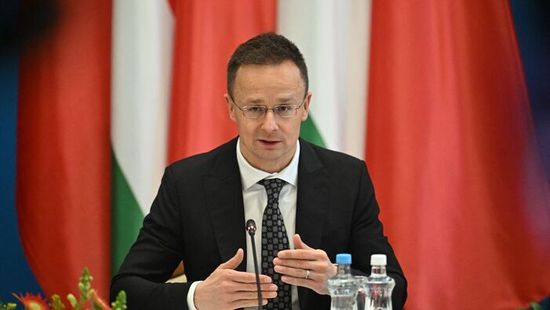
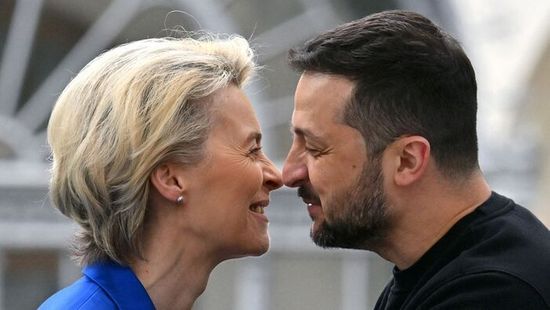
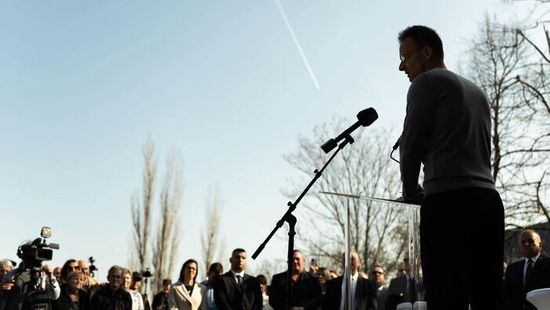

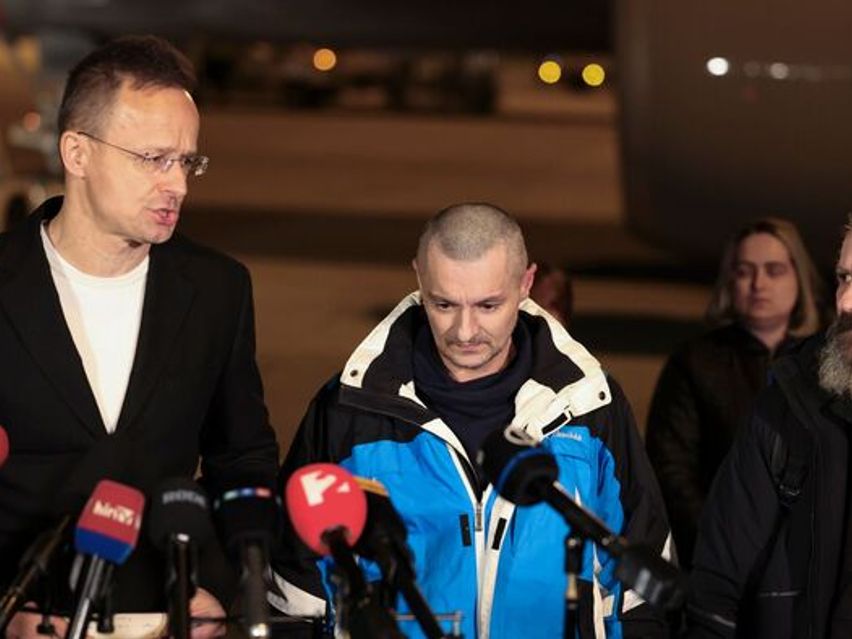
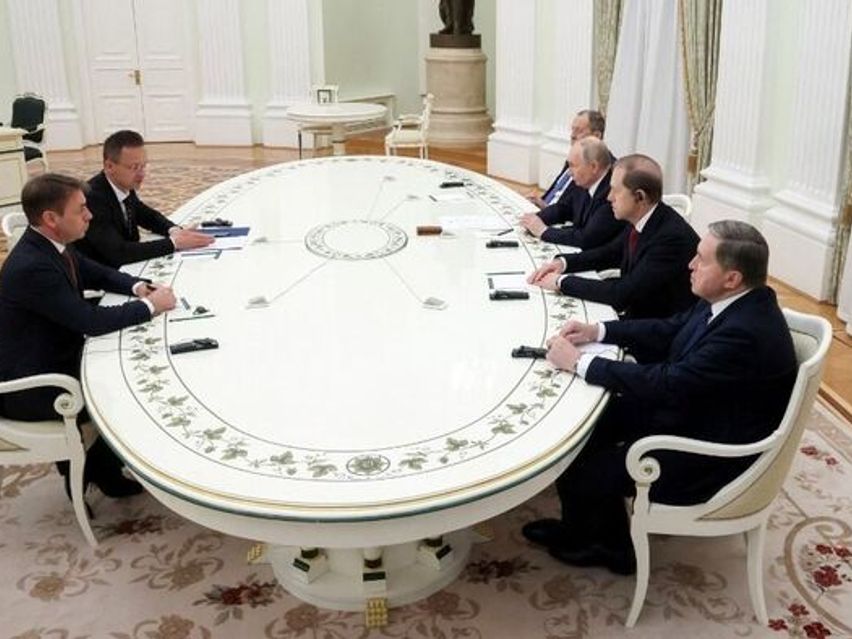
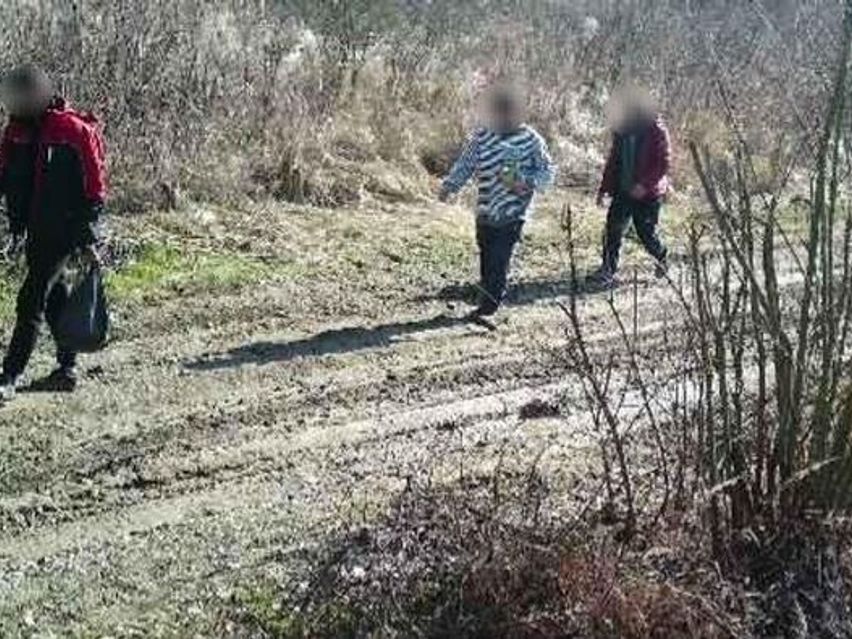
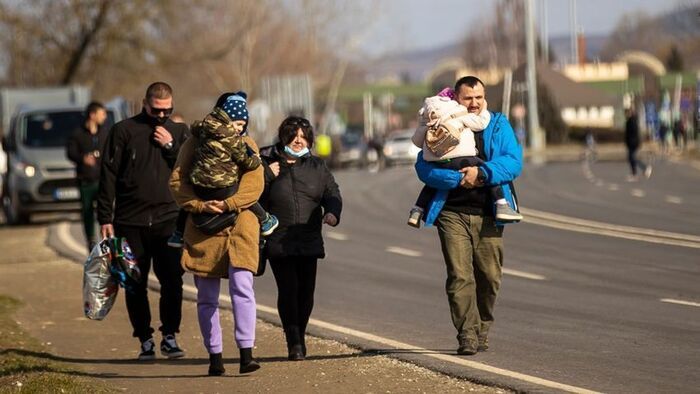

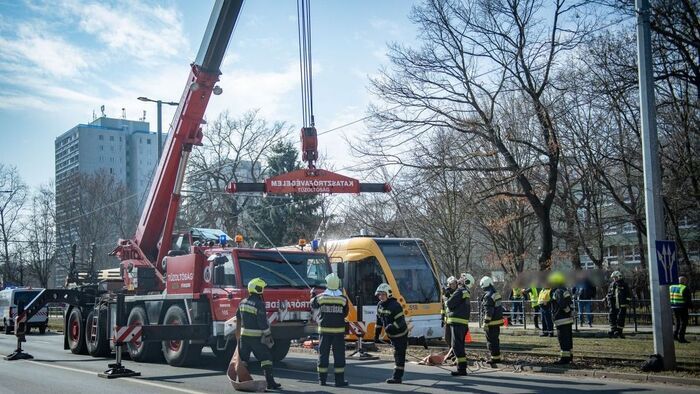
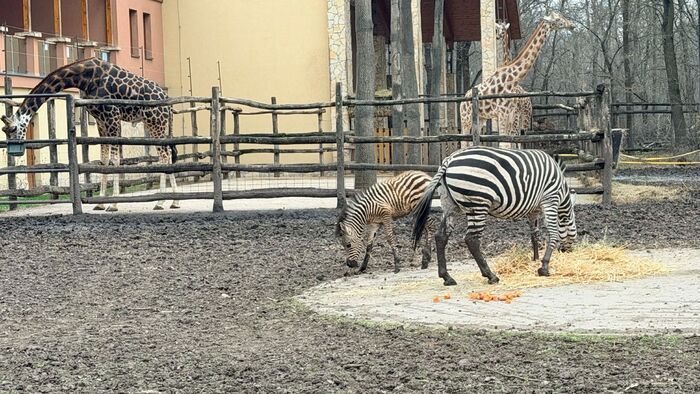
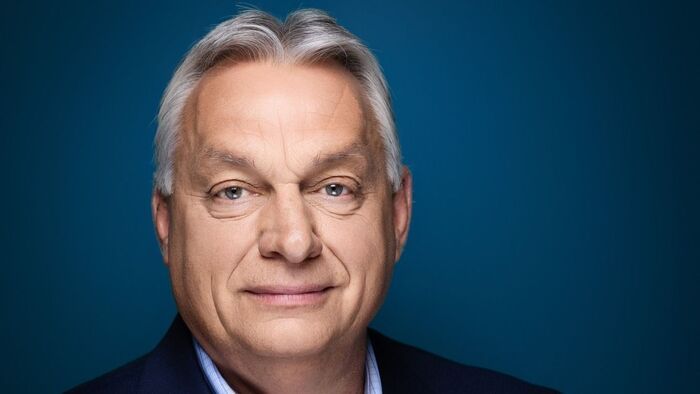

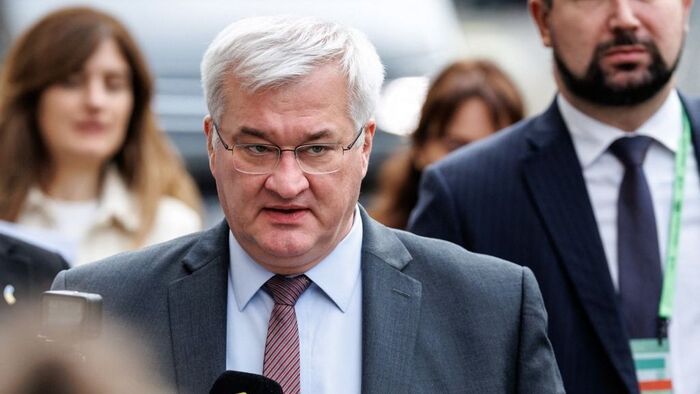
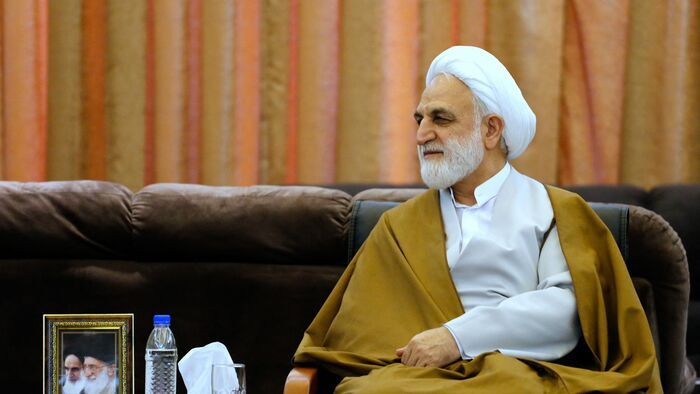
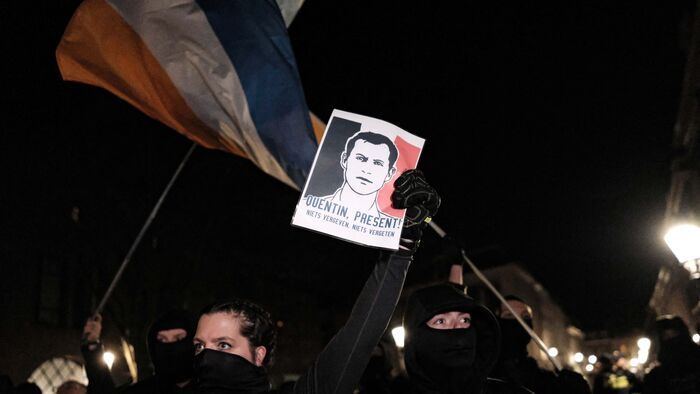





Szóljon hozzá!
Jelenleg csak a hozzászólások egy kis részét látja. Hozzászóláshoz és a további kommentek megtekintéséhez lépjen be, vagy regisztráljon!